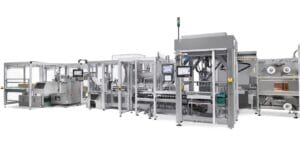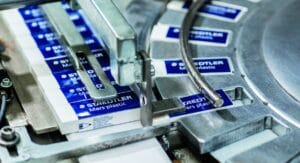
Since 24 February, our world has been a different one. Russia’s brutal invasion of Ukraine has triggered an unimaginable humanitarian catastrophe. Within just a few weeks, more than ten million people have fled. But Russia’s war is also changing the economic situation in Germany, in Europe and also worldwide. We have compiled a list of how business associations and companies assess the situation.
Everyone is already feeling the effects of the war first hand in the rising prices for energy and food. Growth and prosperity will be affected in the long term, writes the Ifo Institute for Economic Research. The biggest loser will be Russia, but prosperity will also decline in Germany, the economists predict. The full extent, however, would depend largely on the further development of commodity prices, economic sanctions against Russia, supply bottlenecks for raw materials and intermediate products, as well as economic uncertainty. One thing is certain: The mood in the German economy has plummeted. The Ifo business climate index plummeted to 90.8 points in March, after 98.5 points in February. The slump thus exceeded the decline at the outbreak of the Corona crisis in March 2020. Companies in Germany are expecting hard times.
High prices and scarce raw materials threaten all industries
The Russian war of aggression has far-reaching effects on all industries. For example, skyrocketing natural gas prices and volatile electricity prices are making the production of plastic packaging and films directly more expensive. In addition, some raw material producers have already announced drastic price increases for important raw materials such as polyamide and EVOH, which are irreplaceable for food packaging, for example. „Many medium-sized companies in the industry see their existence threatened,“ says Dr Martin Engelmann, Chief Executive of the IK Industrievereinigung Kunststoffverpackungen. „If production is no longer profitable due to the high costs of energy and raw materials and machines are shut down, important supply chains are in danger of breaking up.“
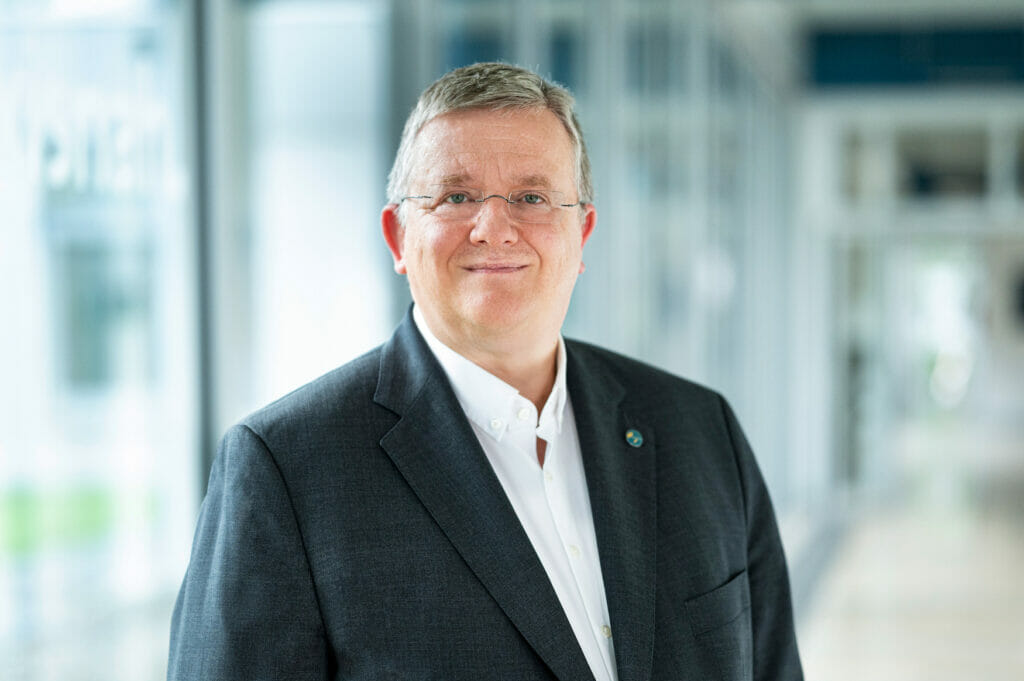
German machinery manufacturers also anticipate a tightening of supply chains under this tension, fearing direct and indirect effects from the war. This was the finding of the latest VDMA flash survey in March. Bottlenecks in electronic components are the most severe, and own deliveries are significantly delayed, it says. The situation is not expected to ease until the second half of the year at the earliest, and not before Q4/2022 in the case of electronic components. And, a large number of companies already have significant production backlogs.
„The Ukraine war is a painful eye-opener for Europe and Germany: Russian aggression is also targeting the Western social and economic system. That is why the tough sanctions adopted against the Putin regime are the right response. But the German government must also ask itself how it intends to support our economic system and our companies in an increasingly aggressive world. Pushing back globalisation and the export-strong business model of domestic industry would be the wrong way to go. The consequence of the Russian invasion of Ukraine must not be isolation, but a diversification strategy to reduce risks and dependencies. Germany is and remains a country poor in raw materials that is existentially dependent on the international exchange of goods and services. Moreover, international trade relations will continue to help minimise the risk of violent conflicts.“
Thilo Brodtmann, VDMA Executive Director
The war is also drastically exacerbating the burdens on corrugated board manufacturers once again, the Verband der Wellpappen-Industrie e. V. (Association of the Corrugated Board Industry [VDW]) also informs us. The corrugated board industry itself as well as the manufacturers of corrugated base paper who supply it, are heavily dependent on natural gas as an energy source. „We are already seeing closures of paper mills due to gas prices getting out of hand. In combination with the loss of kraftliner imports from Russia, this threatens a shortage of our most important raw material, corrugated base paper – and this assumes a historically high paper price level even before the start of the war“, explains VDW Chairman, Dr. Steffen P. Würth. VDW members are also reporting delays in logistics, increasingly scarce freight space, and production stoppages or disruptions in the packaging industry.
No conflict timber from Russia
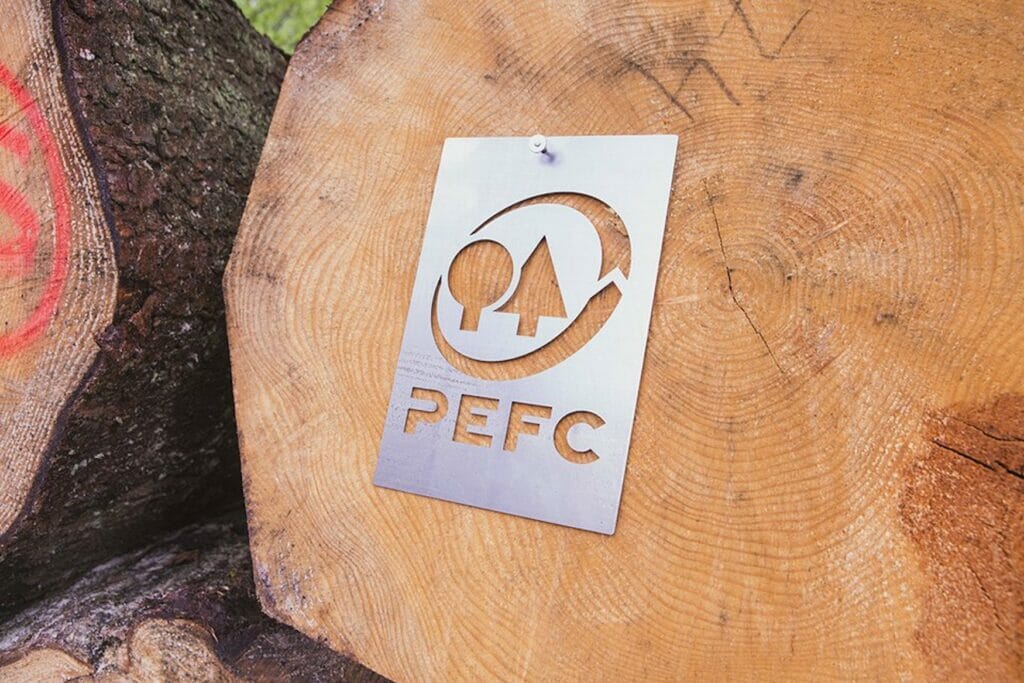
The war and the EU sanctions against Russia and Belarus also influence the European pallet market. As the European Pallet Association e. V. (EPAL) reports, almost no packaging and pallet wood is currently being exported to Europe from Ukraine, and the production of EPAL Euro pallets has been interrupted in many Ukrainian plants. Similarly, truck drivers from Ukraine, Russia and Belarus will be absent, so the transport of materials and pallets may also be delayed.
Products made with wood from Russia or Belarus currently no longer receive a PEFC certificate. As decided by the PEFC International Executive Board at an extraordinary meeting, this wood is considered so-called conflict wood with immediate effect and may not be used in PEFC-certified product groups.
Many companies are withdrawing from Russia. Paper and packaging manufacturers are reacting to the Russian war in Ukraine – and stopping production at their Russian sites or suspending trade. Stora Enso, for example, has announced that it will stop production and sales in Russia until further notice. The company operates three plants for corrugated cardboard packaging and two sawmills for wood products there, employing around 1,100 people. All exports and imports to and from Russia are also to be stopped. A mitigation plan has been activated to ensure the availability of raw materials from other sources.
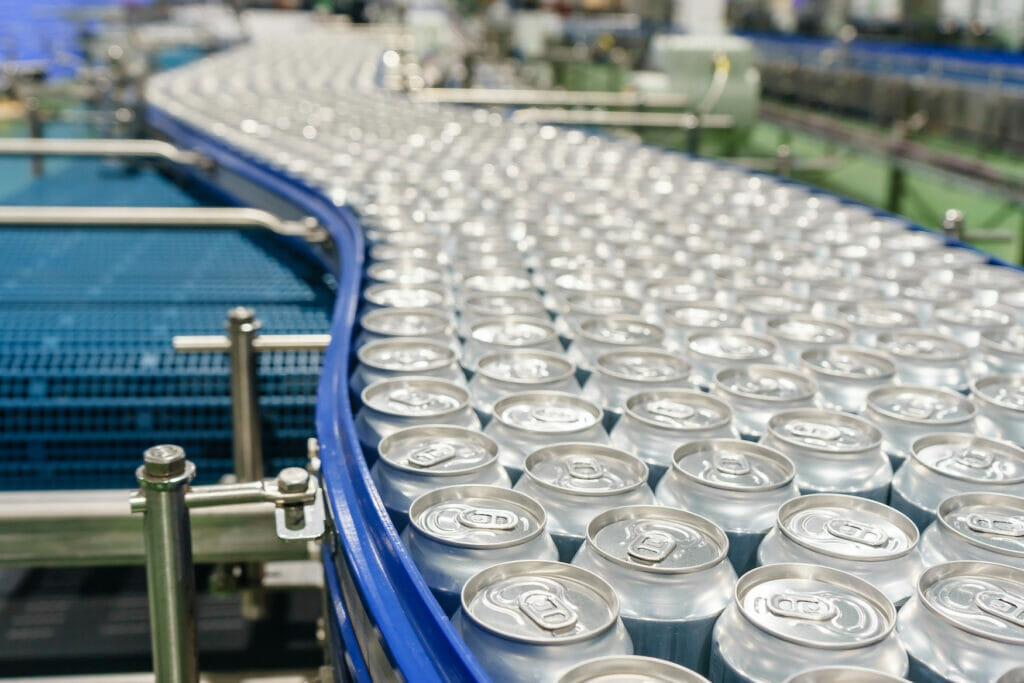
The metal packaging company, Ball Corporation, is also withdrawing from its Russian business. The company intends to divest its three production facilities in Russia and reduce their operations immediately. The company had previously announced the suspension of future investments in Russia. The plants in Russia produced about five per cent of the 112.5 billion beverage cans the company shipped worldwide back in 2021.
While Ikea and several other Swedish companies have already announced that they are leaving Russia, Tetra Pak wants to stay for the time being and continue its production. In 2020, the company inaugurated a new factory in Moscow that produces cartons from recycled materials.
The Norwegian beverage carton manufacturer, Elopak, has ceased all activities in Russia. The company operates a plant in St Petersburg and a branch in Moscow. The Elopak plant in Fastiv, Ukraine, has also been temporarily closed to ensure the safety of employees and their families, according to the company. The salaries of the affected employees in both countries will continue to be paid until further notice.
Glass factory badly damaged during attack
At the beginning of March, the Ukrainian production site of the glass packaging manufacturer, Vetropack, was already so badly damaged by military action that it will no longer be possible to resume production in the near future. However, the company had already begun an orderly shutdown of production at the plant near Kiev on 24 February for safety reasons. All employees have been temporarily released from work with full pay. „We are glad that we decided to suspend our production in time. This enabled us to prevent any casualties among our colleagues as a result of this incident,“ says CEO, Johann Reiter. Vetropack produces a variety of glass packaging in Ukraine with three melting furnaces and eight production lines.
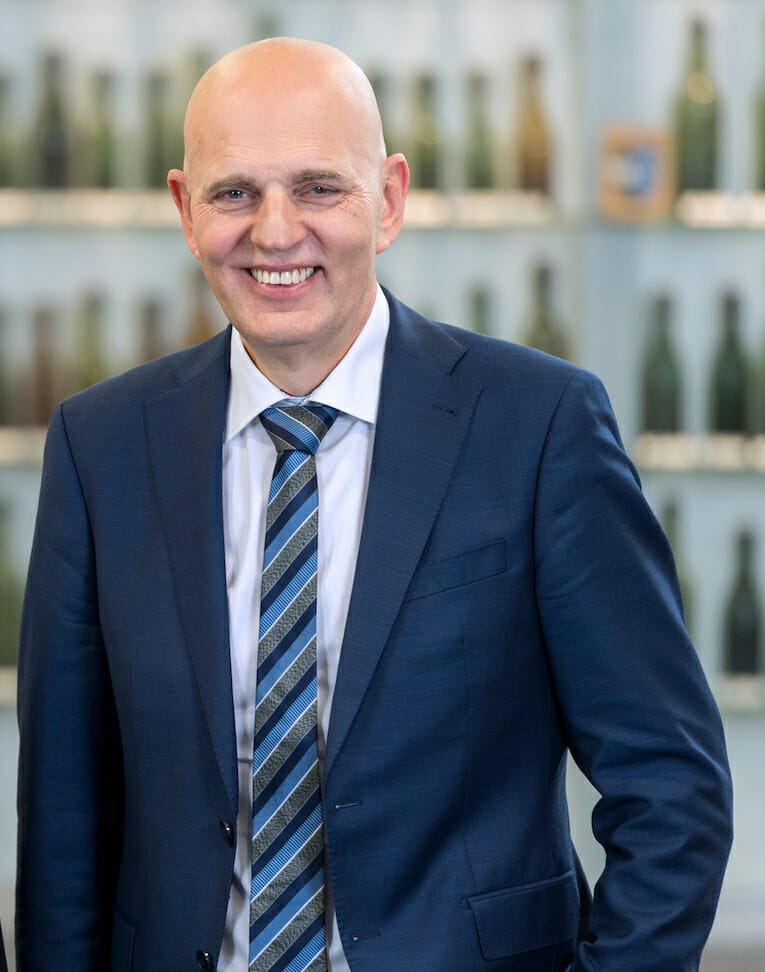
Packaging machine manufacturer, Bobst, has set up a special task force to support local employees and partners in the region. „The impact on our turnover will be up to 40 million euros in 2022; our business is completely frozen at this point,“ says CEO, Jean-Pascal Bobst. The company is making a long-term commitment to refugee relief in coordination with its employees in Poland, the Czech Republic and neighbouring countries, and has allocated an initial investment of 200,000 euros as part of its internal BobstCare initiative to support the affected people and families and to rebuild the affected regions.
More and more refugees are also arriving in Germany. Distributing and accommodating the people is an important task and challenge. An emergency shelter for war refugees from Ukraine has therefore been set up in Hall 3C at the Exhibition Centre Nuremberg. This will also have an impact on Biofach and Vivaness 2022, according to the organiser. Exhibitors will probably have to move a little closer together at the fair.
Nürnberg Messe had also announced that Beviale Moscow would not take place and will be suspended indefinitely in view of the current events. Exhibitions always stand for the peaceful exchange of goods, services and ideas from different nations, they say, and peace is a basic prerequisite for taking place in the respective countries. Due to the armed attack and the resulting sanctions, it is therefore not possible to hold Beviale Moscow.
More packaging news

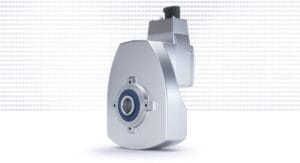
Asynchronous servo solutions for the packaging industry
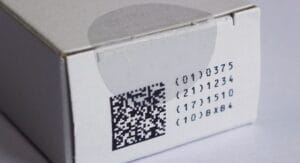
Label Durability
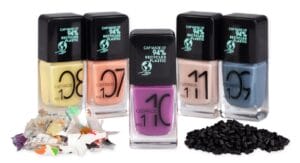
More design for recycling for cosmetics packaging
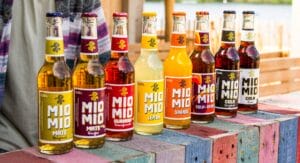
Innovation Barometer 2024
